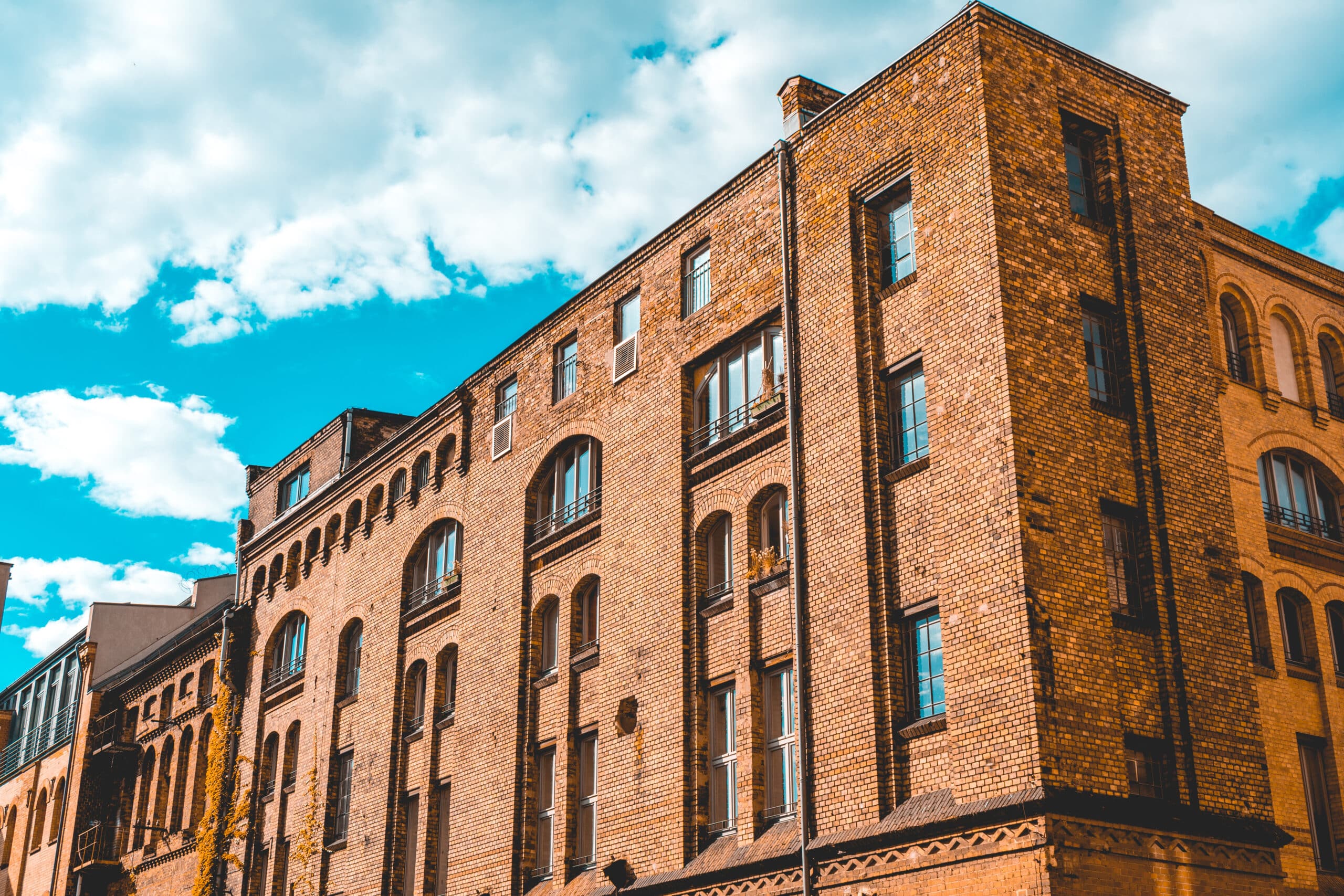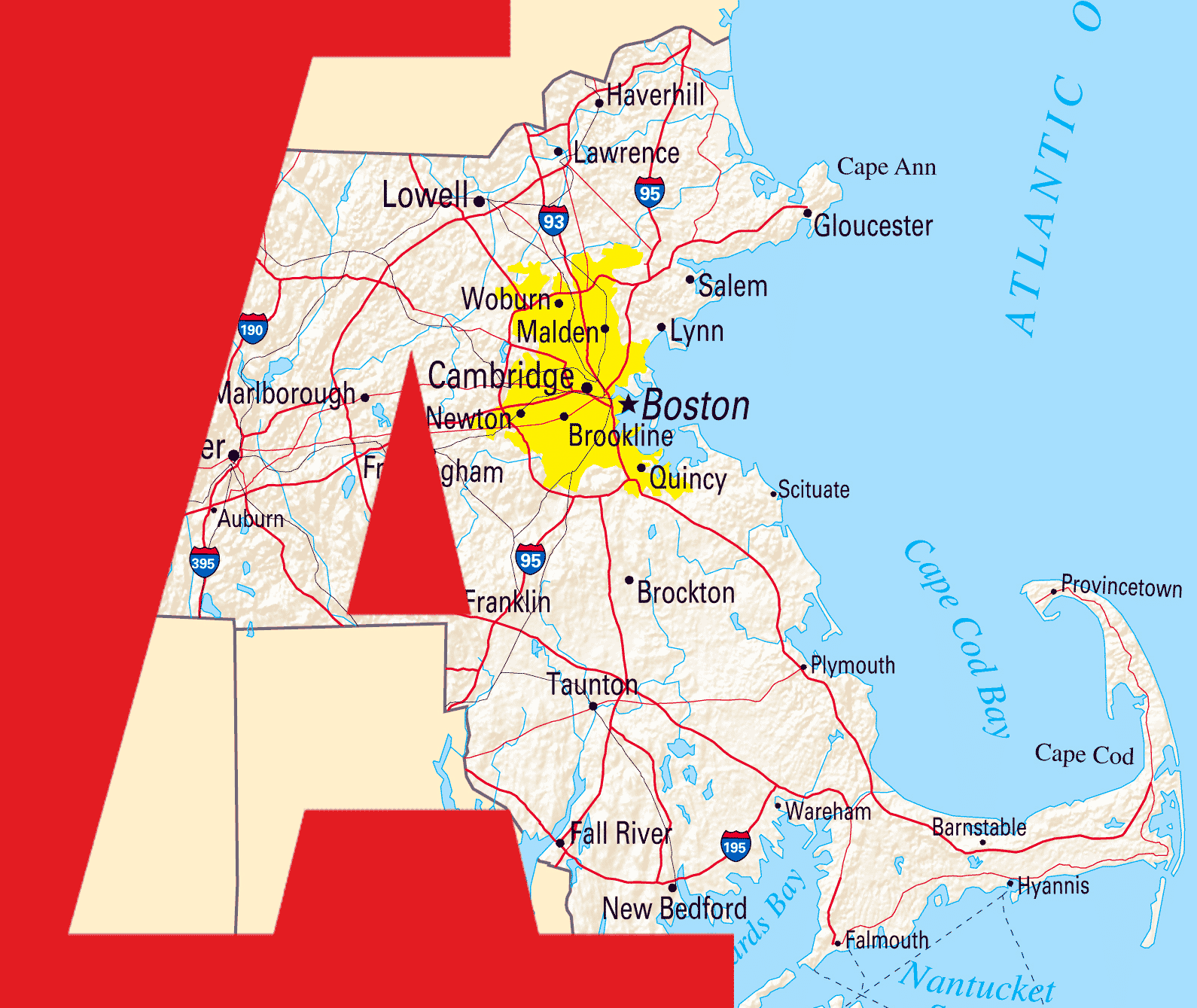Flashing is critical to any construction as it creates a seal and protects the building from water damage. The most vulnerable areas of a building are joints where roof structures, such as chimneys, skylights, and vent stacks meet or penetrate the roof. An effective flashing material must provide a waterproof seal while also allowing for regular expansion and contraction due to fluctuations in temperature and humidity levels. However, when it comes to commercial masonry restoration in Boston, we have to consider more factors than for other building projects.
Let’s examine four significant factors that help us select the right flashing for a commercial masonry restoration project in Boston.
Cost
We have to keep the budget in mind when we select materials for any project. There are many available flashing materials that are effective and long-lasting. To select the best option for each project, we have to balance staying within the budget without sacrificing quality.
Durability
Although we have to keep the budget in mind, we don’t want to compromise durability for the sake of cost. The longevity of the joint flashing can affect the lifespan of the building. If a material can’t withstand severe weather conditions or temperature fluctuations, it puts the building at risk of damage or deterioration. If we prioritize cost over durability, we will only create more expenses and the need for more restoration work in the future.
Historical Suitability
Just as we repair a brick building with original or closely compatible bricks, we need flashing material that is also historically appropriate. Before deciding on a flashing material, we thoroughly research the history of the building and inspect previous work to select a material that is an appropriate fit.
Chemical Compatibility
Finally, we have to consider the chemical composition of the available flashing materials. Certain materials can have chemical reactions with masonry compounds, rendering them ineffective as waterproof or weatherproof seals. For example, aluminum and lead are highly susceptible to corrosion and deterioration when used with wet mortar. On the other hand, copper is the most practical choice. It is highly durable, a superb moisture barrier, does not react with any other building materials, and affordable.
Commercial Masonry Restoration in Boston | Abbot Building Restoration
As you can see, commercial masonry restoration is a complex process, especially in an area like Boston, where there are so many historic buildings. Our team at Abbot Building Restoration is made up of experts in historic masonry and is the best choice for restoration projects. Contact us for more information, or visit our gallery to view past projects.


